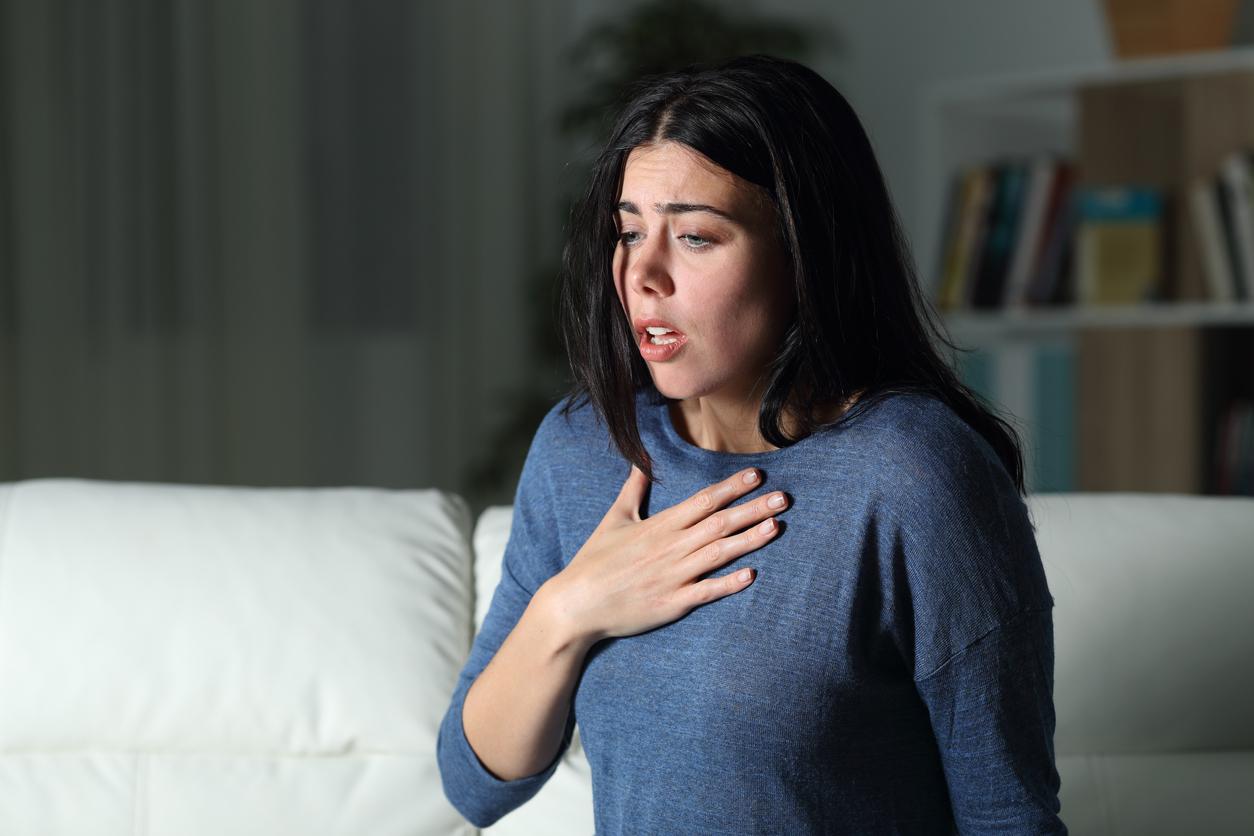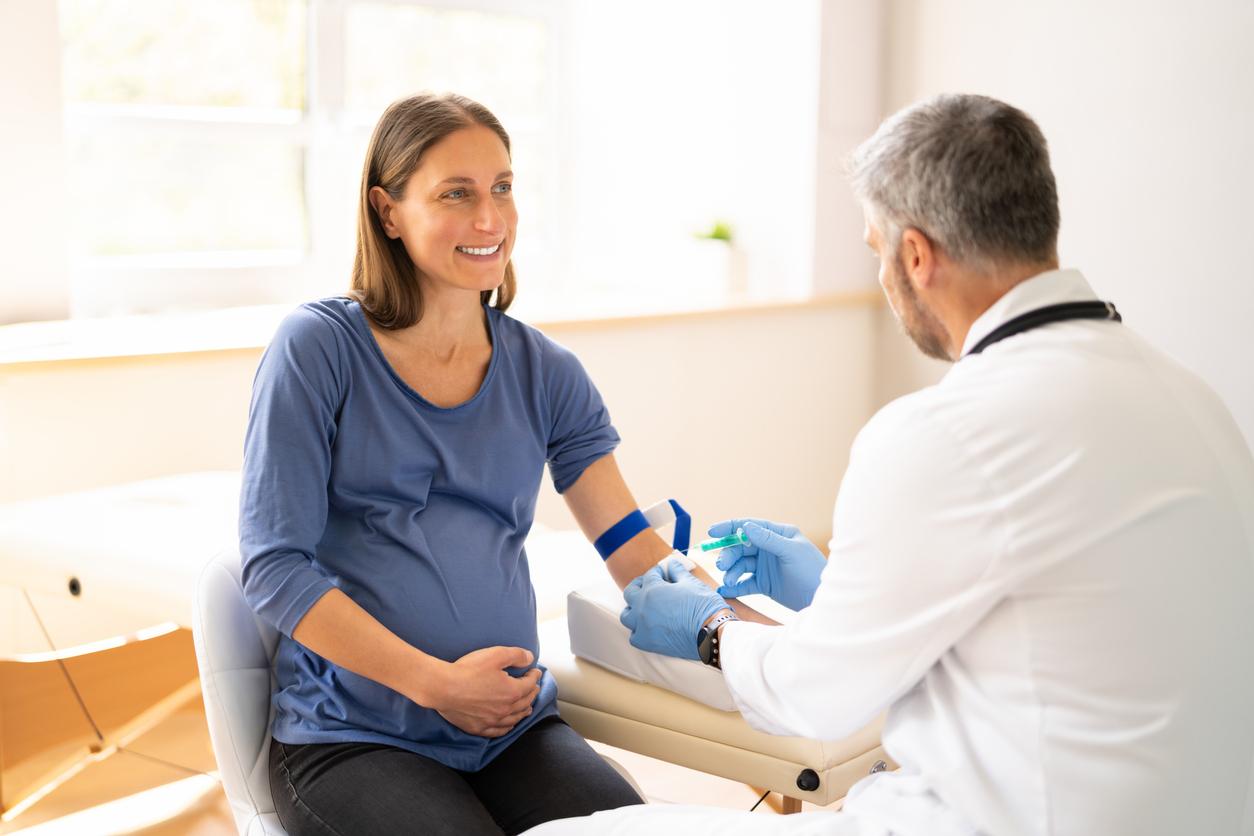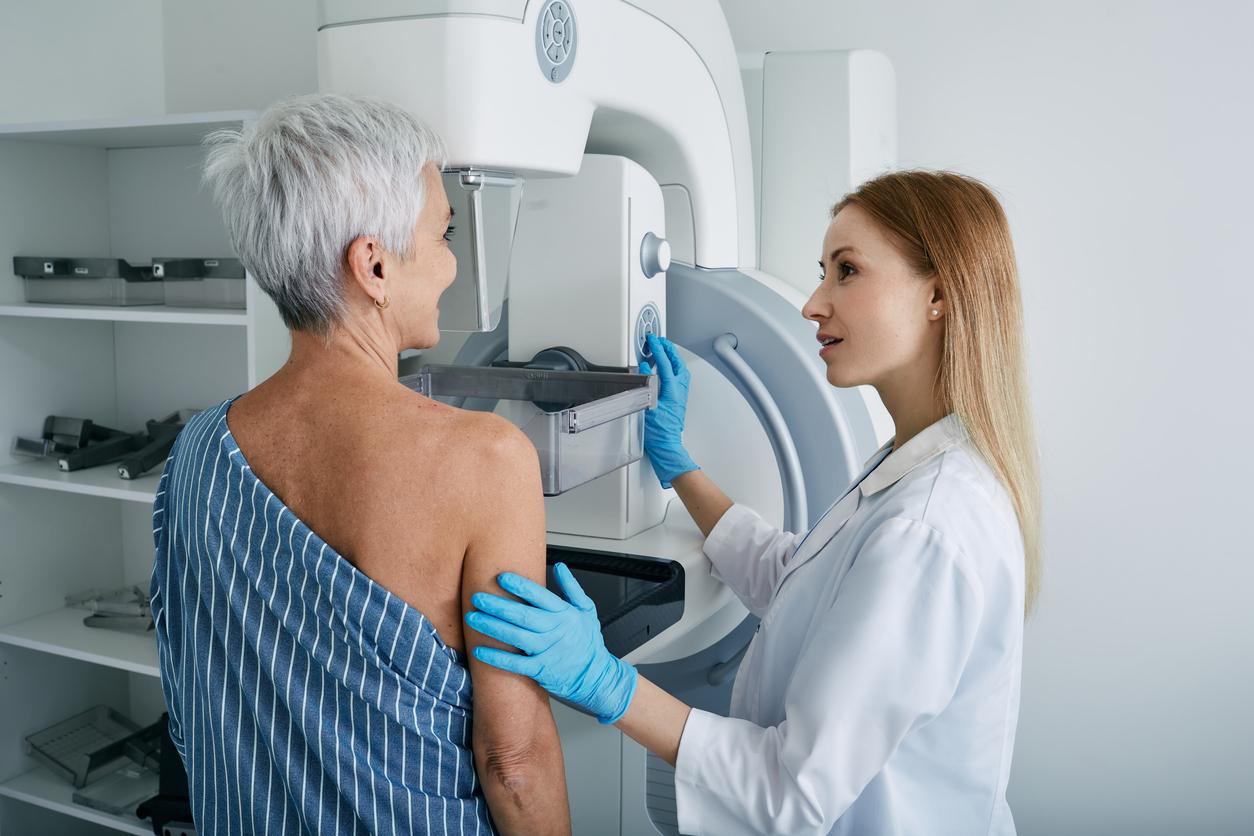In the United States, a working group on the prevention of health risks now recommends screening for anxiety in all adults between the ages of 19 and 64.

- In the United States, a working group dedicated to risk prevention recommends screening adults for anxiety.
- Sometimes difficult to identify, it can reveal the presence of other health problems, mental or physical.
- This new recommendation should improve the management of anxiety.
” There is no health without mental health”warns Public Health France. Psychological well-being affects our physical health, our daily life, and many other factors. The United States recently made an important recommendation for mental health: the U.S. Preventive Services Task Force, the risk prevention working group now recommends screening for anxiety in all adults aged 19-64. The work of this group makes it possible in particular to guide the decision-making of doctors and they are also followed by health insurance groups. The authors of these recommendations publish an extensive study on the subject in JAMA.
Anxiety disorders: what are we talking about?
“Mental disorders are one of the leading causes of death worldwide, with anxiety disorders being the second most influential contributor”, they warn in the preamble. According to theHealth Insurance, we speak of anxiety disorders when a person experiences repeated, long-lasting anxiety, unrelated to any real danger or threat and which causes such suffering that their daily life is disrupted. The anxiety disorder can be associated with specific phobias, those of public transport for example or that of insects. The people concerned sometimes put in place avoidance strategies or develop compulsive behavior. L’Assurance Maladie lists the many consequences of anxiety: irritability, impulsiveness, concentration problems, digestive problems, fatigue, nausea, etc.
The importance of screening for anxiety disorders
According to American data, anxiety disorders affect more than 40% of women, at least once in their life, and more than 26% of men. “IThey are often not recognized in primary care settings and there are significant delays in starting treatment“, indicate the authors of the study. Their work aimed to estimate the relevance of a more extensive screening for anxiety disorders in the population. Following their conclusions, theU.S. Preventive Services Task Force now advises, ‘on the basis of an evidence report‘ that all adults between the ages of 18 and 64 be screened for anxiety. Its authors insist on the need “to include people who are pregnant or postpartum”. “The USPSTF did not find sufficient evidence to make a recommendation for or against screening in older adults“, it is specified.
Screening for anxiety disorders: what are the consequences?
If the screening turns out to be positive, the specialists recommend setting up a more in-depth evaluation. “While most positive anxiety screening results will reflect anxiety resulting from a mental disorder for which further psychological evaluation is needed, some anxiety symptoms will be the result of a physical health condition (e.g. example, thyroid disease) or lifestyle issue (eg, excessive caffeine or other stimulant) that can be managed by a primary care clinician“, they observe. In all cases, the researchers recommend systematically carrying out a clinical evaluation of the suicidal tendency and depression. Subsequently, various treatments may be proposed, in particular psychotherapy or treatment with antidepressants.


















